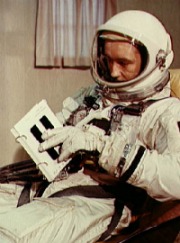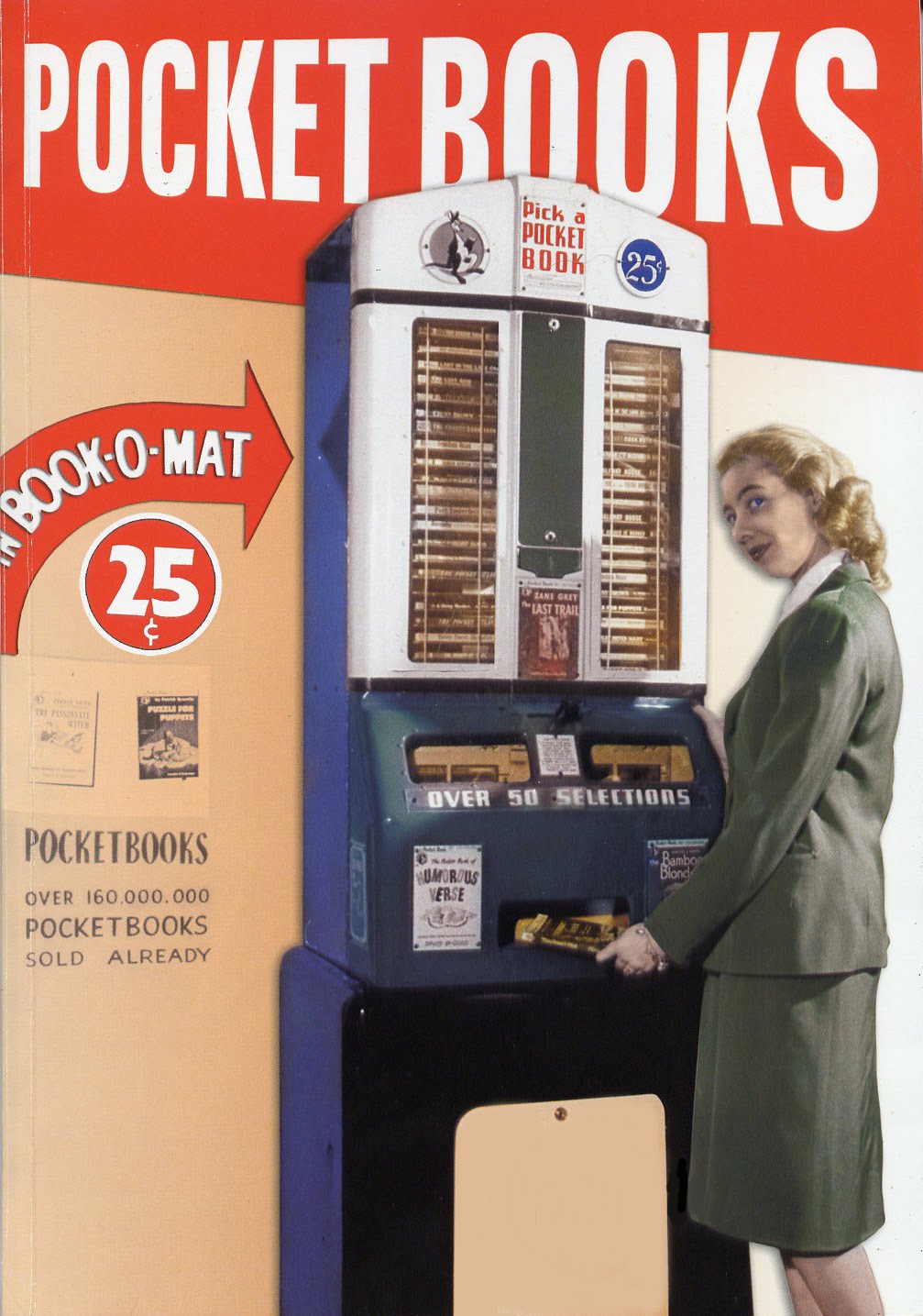Faulting literature for not being astrophysics is like disparaging Louis Armstrong for not being a great hockey player. It’s really missing the point.
The humanities do what they do, and science does what it does. They’re both valid and useful. It’s not that the Digital Humanities has nothing to teach, but trying to understand the novel mainly through quantification will yield minimal returns. Literature isn’t a science and the academics who’ve tried to turn it into one have birthed a Frankenstein, but not an interesting one like Frankenstein.
The Stanford scholar Franco Moretti may not care for the DH term (“digital humanities means nothing”) but as much as anyone he’s the face of it. An exchange from Melissa Dinsman’s LARB interview with him:
Question:
People often speak of digital work (and more frequently the digital humanities) as a means of making the humanities relevant for the 21st-century university. Do you think this statement is a fair assessment of digital work and its purpose? Do you think it is fair to the humanities to say that DH will come in on a white horse and save the humanities from itself?
Franco Moretti:
Neither one. The humanities will need to save themselves, and not only for the crass reason that going to university can cost an insane amount of money, so students choose to go into business, medicine, economics, etc., to remake the money as soon as possible. It’s not just that, although that cannot be simply dismissed. In the 20th century the natural sciences have produced some amazingly stunning and beautiful theories in physics, and genetics, and in biology. The humanities have produced nothing of this sort. Literature, art, in a sense even political history (mostly in a horrendous way), have produced enormously interesting objects, but the study of these objects, that is to say the disciplines of the humanities — the study of literature, the study of history — have lagged behind. The humanities have lagged behind in conceptual imagination and in boldness. I totally understand why a 20-year old would choose to do astrophysics rather than literature. It’s so much more interesting in many ways, just for the pleasure of the intelligence. That is what the humanities have to work on.•


